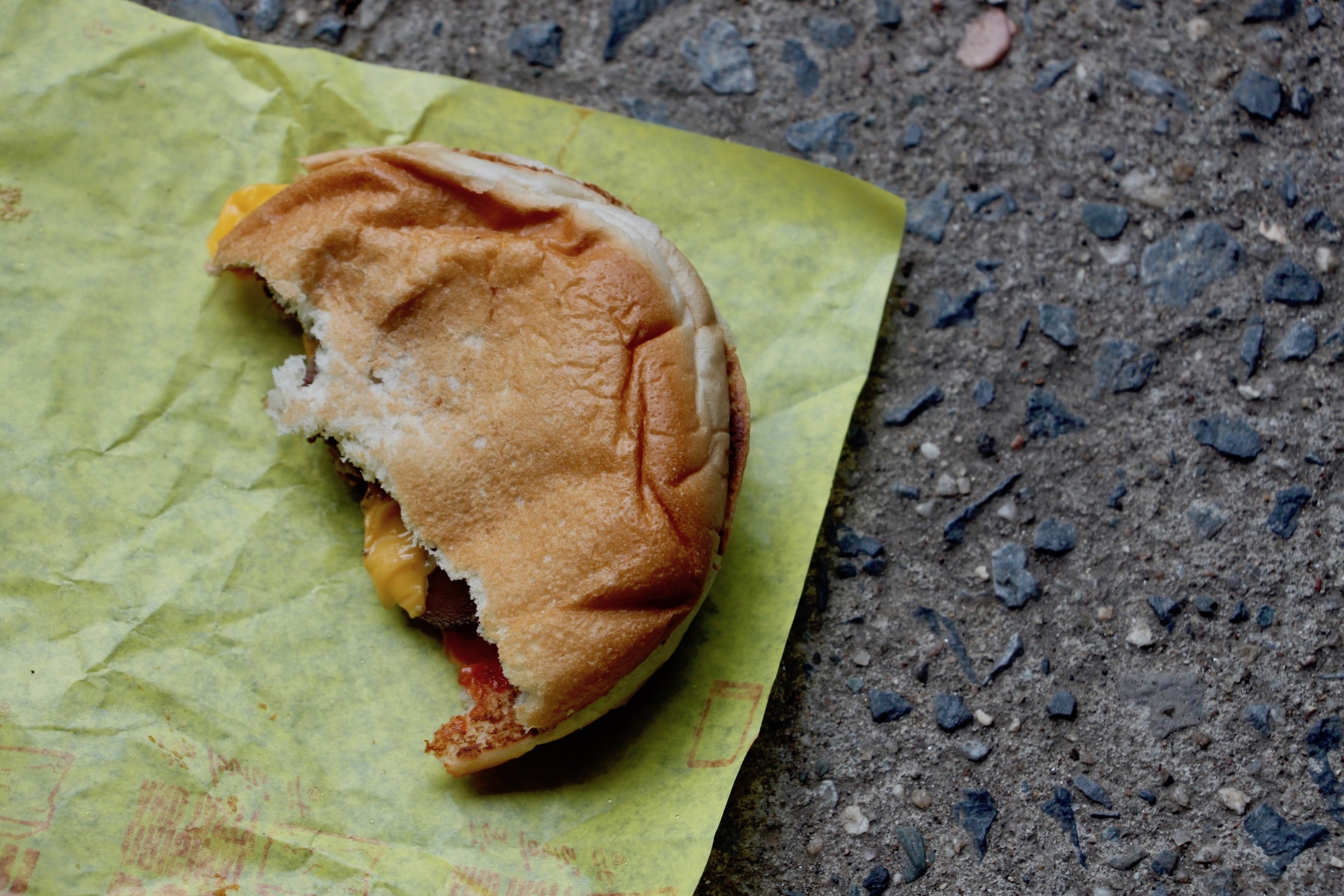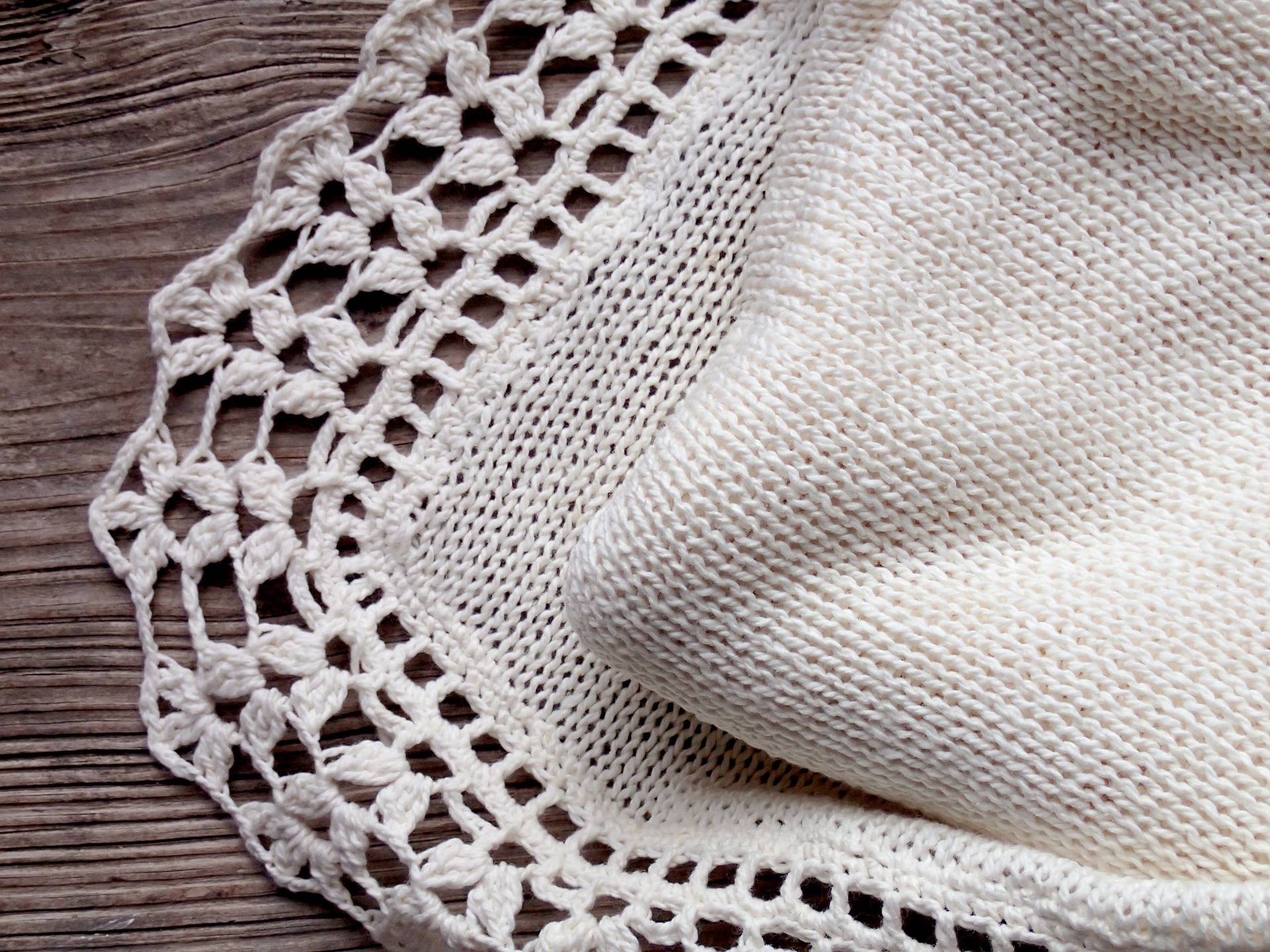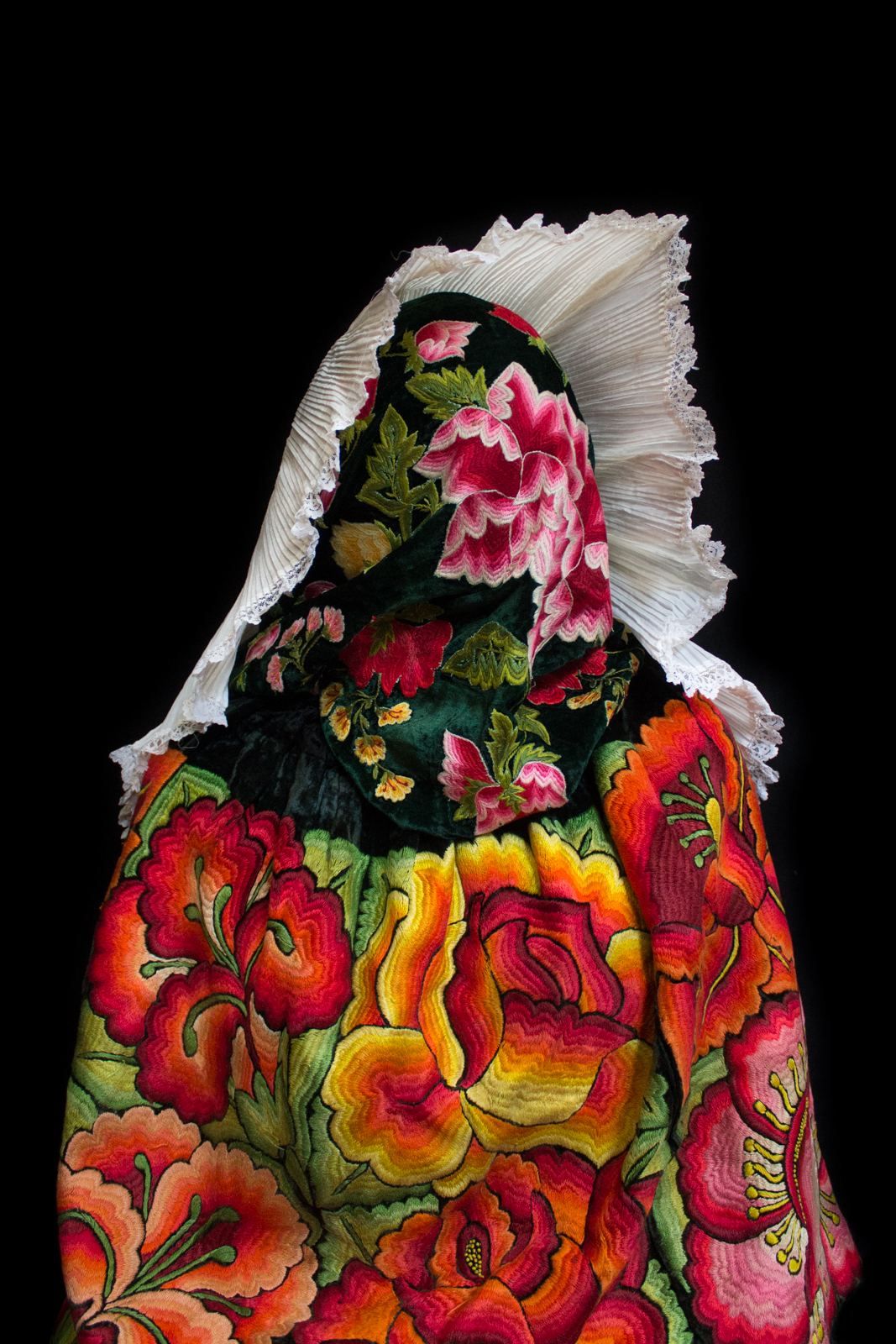I was dead, or, at the very least, considered dead in the eyes of my country. When the Soviet Union fell apart, Saint Petersburg came down along with it. My mother drank most days until she could no longer see, and in the wake of her biting neglect, I was left a wounded animal. When I was eight years old, a stranger came to the apartment and told me I was going to be an orphan for the rest of my life. As we drove away from my mother’s apartment, I quietly watched the back of the stranger’s head with bewildered eyes.
Even before I was taken away, I’d carefully paid attention to the world and everything in it. At school and on the playground, children crowded around one another, laughing. I noticed their laughter. I heard it. The children were always laughing, even if the clouds were setting in above them. And indeed, when the storms came—bringing with them violent gusts of snow and rain—the children would burrow themselves next to boiling radiators, reading books with pictures, while hard, grainy sugar cubes melted sweetly between their still growing teeth.
At the orphanage, during cold, drowsy days like those, I often found myself alone, looking through the metal bars of a second-story window. Memories of the past and thoughts of the future circled inside my head. The rain kept on with mocking indifference, pouring over the dark and smudged neighborhood with streaks that were every bit as mournful and grey.
I was paralyzed with loneliness. It left a bitter taste.
The orphanage sat in the middle of a quiet residential neighborhood. The strangely shaped building, its molting yellow stucco skin revealing worn red brick underneath, was simply referenced by a number: Children’s Home No. 31. No one of importance had placed their name on this crumbling edifice. It was only a number, a number whose insides were steadily being eaten away from a drastic lack of resources.
The day waned like a fizzled-out soda can. A dry wind scattered brown leaves over the ground, tossing them into the air periodically. The staff, which was made up of overworked messy-haired women, had gathered up all the boys my age and formed us into a disheveled row on an empty blanket of dirt: eleven bodies total.
I stood, conscious of the ground beneath my feet. The sinking cold hardened the soil.
I looked around me. The pulsing fiery eyes of my orphaned brothers darted impatiently. It rained almost every day; on this day the weather was overcast and soggy, but it did not rain.
Two sturdy goal posts sat at the opposite ends of the field, both missing nets. They stared straight through each other, exposing their blackened scars where chestnut bubbles of rust appeared across their warped iron skeletons.
I stood next to Vovka, a boy of eight or nine, and our shoulders touched, barely. He was shorter than me by a full head. He ran away from home years ago after charging at his father with a switchblade. His father called the police and Vovka ran—at least that was what he told me. I never knew my father, but if I did, I would’ve probably put a knife to his throat too.
Vovka and I had been friends since my first day at the orphanage. I cried myself to sleep the night I arrived. Understanding the pain I felt inside, Vovka talked about his own life and laughed at its absurdity. He had already been living there a year before I came. Both of our lives had been plagued by routine episodes of misfortune.
On the soccer field, a stout woman, armed with a dripping bass voice, studied us with grim eyes. “There will be a tournament tomorrow,” she said. Her sober words easily rolled off her butter-colored tongue. “We’ll pick from the lot of you today. Now, separate yourselves into teams.”
My mind wandered. I heard her voice, but I did not pay attention to the words that were being spoken. I was distracted by the spongy brown mole that hung neatly from the top of her right eye lid. Her clothing resembled that of a butcher’s. I stood with my knees locked. The damp wind whipped my bare legs.
I was picked for the first group and Vovka for the second. As I played, Vovka stood on the sidelines with his arms crossed over his chest to keep warm. The second group would play after we were finished with our match.
My confidence began to stir, vigorously shouting inside my body as I sprinted from one end of the field to the other. We fought for the ball as if we were madmen. Some kids foamed with more madness than others. Choking on the dust that rose up from the stomping of our shoes against the ground, I felt my lungs come undone.
I refused to pass. When the ball tangled between my feet, I would sprint forward and clumsily kick it out of bounds. The graceless movements of my legs exposed my lack of skill. I greedily drank down the air around me, wheezing heavily. After four minutes, my sloppy enthusiasm drew the whistle, and I was quickly replaced.
Being the worst player, I stood on the sidelines and prayed that I wasn’t.
When the second group’s turn came, Vovka was a hound. He bit into the skin of the ball with his torn sneakers and cut forward with a surgeon’s precision. I shrank. I withered like a flower. I burned. I was jealous. I saw him score a goal and ignored the cheers that followed. I smiled, I hated him.
Vovka was picked to play in the tournament. I was not.
After the scrimmage matches, Vovka and I shuffled back with the others, past the heavy doors into the orphanage. My soul was baptized with failure. Vovka’s whistled, seemingly free and light as a sparrow. Everything was stained black and white. Walls of swollen clouds drowned the city in fog, and I tore at my own being one second at a time.
The next morning, I watched the team prepare to leave for the tournament. I shook Vovka’s hand and wished him luck. His hand felt weak like an infant’s.
I spent the day alone, laying inside my bunk bed, deconstructing myself into nothing. With my long fingernails, I scratched at the splintered wood of the bed frame. I watched the pointed treetops sway like seaweed beneath the pouring rain. I could hear the echoes of raindrops gently tapping the windowpanes.
If life was different, what would a different life be? I asked myself. No answers came to my lips, just the pungent taste of over-bleached sheets.
The drizzling rain came and went in waves. When they returned that afternoon, it was raining. I met Vovka outside after everyone else came in.
“Did you win?” I asked.
“No,” he answered, smiling. His timid face reddened quietly.
My lips stretched into a smile. I found joy in their failure.
While we stood outside talking, Vovka reached into his jacket and took out something covered in bright yellow paper. He carefully unwrapped it and said, “We lost, but they took us to McDonald’s.”
My eyes widened. I’d never had McDonald’s before. I’d seen colorful advertisements for hamburgers on the television screen. I’d pressed my face against the dirty glass of the restaurant and watched others eat them.
In Vovka’s hands, the half-eaten burger looked injured and cold. It had been stowed away inside Vovka’s pocket for a long time. He tore it into two pieces and handed me one. I held it with my fingers for a moment before taking a bite.
My senses came awake. It was as if my mouth had filled with the motion of a thousand tiny ants. The taste was absurd, remarkable, delicious. This bruised and beaten piece of meat was the best thing I had ever tasted.
Another wave of rain arrived. The grey drops softly landed on my face like tears.




